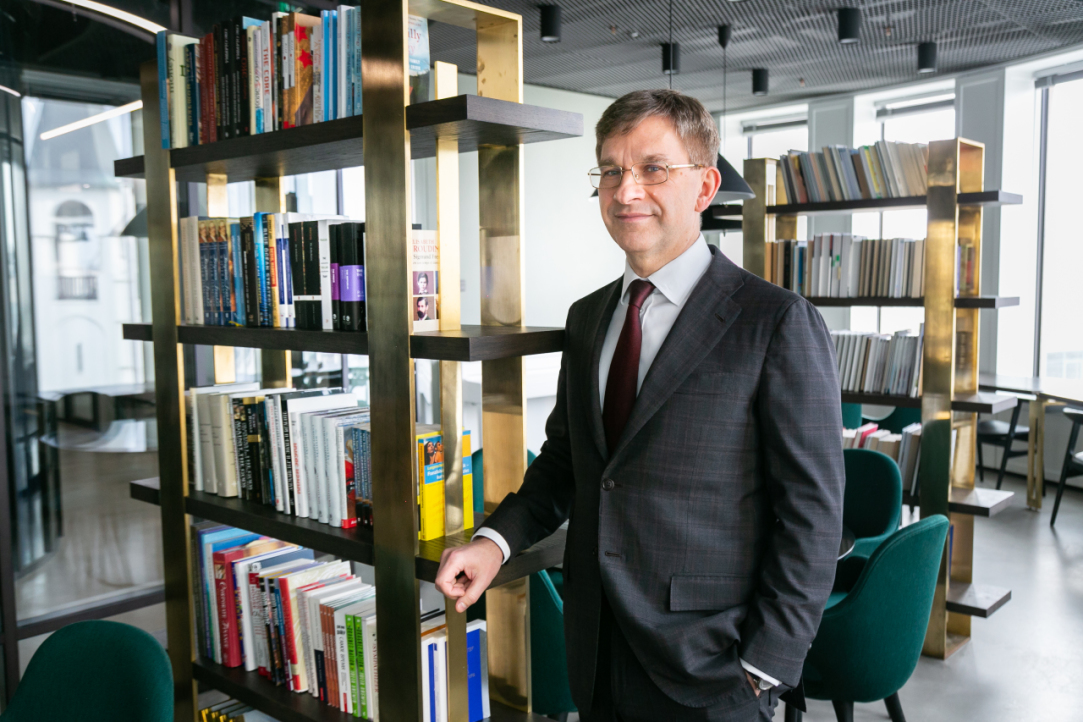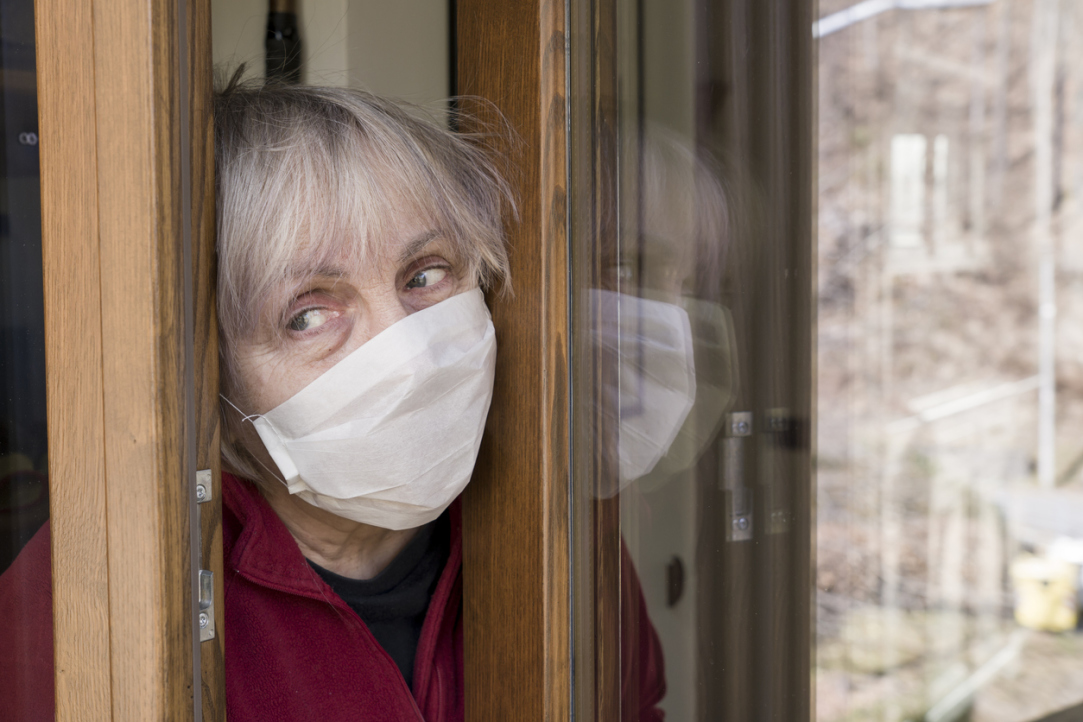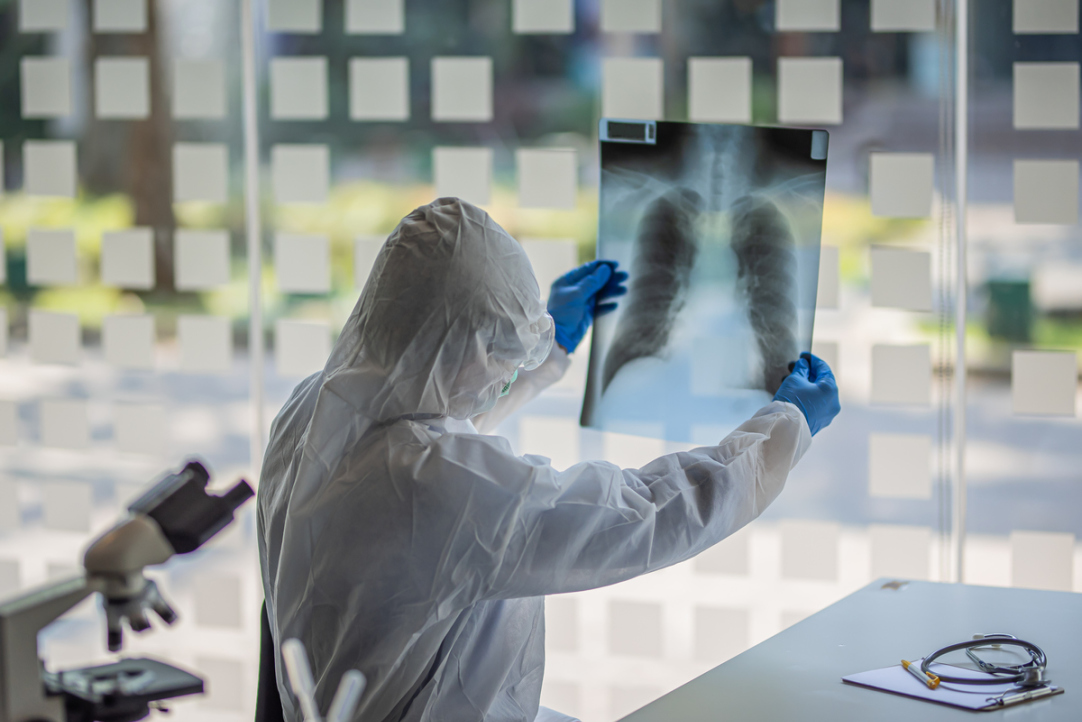
How Cities Will Change After the Pandemic
Traditional urban planning in the United States and Europe developed in response to the epidemics of cholera, tuberculosis, and typhoid. In an op-ed for RBC, Nadezhda Khort, curator of the Shukhov Laboratory of Experimental Urban Design and the Master’s programme ‘Prototyping Future Cities’ in the Vysokovsky Graduate School of Urbanism, considers the skills and practices cities should employ in post-pandemic urban development.

‘Call Me Back on My Home Phone’: Master’s Students of the HSE Art and Design School Present Their Work Online
The HSE Art and Design School has launched a digital gallery, the HSE ONLINE GALLERY, for displaying the work of its students and instructors. One of the first projects completed by first-year students of the master's track in ‘Contemporary Art’ is entitled ‘Call Me Back on My Home Phone’. The online exhibition is curated by Russian artist Vladimir Dubosarsky. HSE News Service takes a look at the students’ creative process in self-isolation and the future of art online.

Car Sharing Minus the Driver: How Self-Driving Vehicles Will Change Moscow
In 15 years, the share of self-driving passenger vehicles on Moscow’s roads will exceed 60%. However, this change will not have a significant impact if personal vehicle travel is not reduced and car sharing services are not expanded. For the first time, HSE researchers have assessed the effects of self-driving cars on the city. In their study, Alexei Zomarev and Maria Rozhenko lay out predictions for 2030 and 2035.

‘Depression Has an Impact on Social and Educational Achievement’
At the regular seminar of the HSE Institute of Education, Ivan Smirnov, Head of the Laboratory of Computational Social Sciences, presented his ongoing research project that examines the psychological well-being of students using their digital footprints.

The Joy of Work: Which Russians Are Made Happier by Their Jobs
For Russians, job satisfaction plays a significant role in overall life satisfaction. This is especially true for those with higher education and of higher income levels, as well as those who are driven by professional and career achievements. One factor that does not have any effect, however, is gender. It is equally important for men and women that they love their work. These are the findings of a study conducted by the HSE Laboratory of Comparative Social Research (LCSR), which was presented at the XXI April International Academic Conference.

HSE Study Findings: 74 Percent of Teachers Who Did Not Employ Online Resources Now Use Them
A large-scale study conducted by the HSE Laboratory for Media Communications in Education found that the situation with online education is better than was first thought when schools had to switch to Internet-based learning to help stop the spread of coronavirus infections.

‘A True Leader Is Someone Who Strives to Make a Better World’
Ten years ago, HSE University established a Joint Department with McKinsey&Company, a global consulting company. McKinsey partners teach three courses in the programme, and they intend to expand their collaboration with the university. Vitaly Klintsov, McKinsey Managing Partner for Russia and CIS countries, spoke with HSE News Service about why he likes teaching and what qualities make a modern leader.

Lessons Learned from the First Month of Distance Learning
An international student of HSE University’s Master of International Business Programme in the Faculty of World Economy and International Affairs shares her experience of studying at HSE and transitioning to online learning.

Meeting Happiness: How Social Activity Affects the Well-being of Europeans over 50 Years Old
The Covid-19 pandemic has severely restricted social contacts for people everywhere, and especially for the elderly. Yet, HSE researchers found that meeting with friends and relatives was one of the key conditions for happiness among Europeans aged 50 and older. In fact, such social contacts were just as important for them as their health, material well-being, or professional fulfilment. The report on the results of the study was prepared for the XXI April International Academic Conference on Economic and Social Development.

Unknown Mortality Rate: Why We Don’t Know the True Scale of COVID-19
Demographers have been thrust to the frontlines of the world’s efforts to evaluate the coronavirus pandemic, but so far without any weapons. Lacking data, they cannot reliably assess the situation. And this is despite the fact that the Internet, it would seem, is flush with statistics. A webinar hosted by the HSE International Laboratory for Population and Health discussed the paradoxes of quantitative approaches to COVID-19. IQ.HSE spoke with webinar participants Vladimir Shkolnikov, Inna Danilova, and Dmitry Jdanov.

